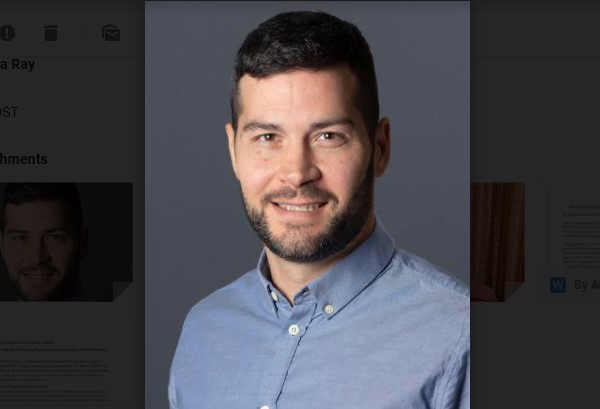By Douglas Washburn, Marketing Manager at Study in Sweden, Swedish Institute.
Sweden, a country best-known as a leader in innovation, sustainability and gender equality is quickly establishing itself as a study destination among Indian students. For Indian students who are looking to think outside the box and who are interested in a more progressive study destination, it’s hard to find a better place to study and live than Sweden as it offers a unique lifestyle in addition to excellent education at an affordable cost.
Study any subject in English at the master’s level
Sweden offers over 1,000 English taught programmes, which is among the most in Europe. The majority of these are at the master’s level where students can literally study just about any subject in English. The only exceptions are a handful of areas where education needs to be in Swedish such as medicine, nursing and teaching. Swedish universities also offer an ever-increasing number of English taught bachelor programmes. Bachelor programmes take three years while master’s programmes are available as one-year and two-year programmes.
Students can be as different as they’d like
Sweden – and Swedish universities – are more international than most people think and 25% of the population is foreign-born or has a parent born abroad. 10% of the student body is made up of international students and while Indian students are the largest group of international degree students from outside the EU, there is a huge amount of diversity in Swedish classrooms.
While Sweden isn’t perfect it leads the way in gender equality and is often ranked as the most gender equal country in the world (#1 on the Gender Equality Index). Sweden is also one of the most progressive countries in the world for LGBTQ+ rights with strong laws to protect individual freedom. No matter how students identify themselves they can be comfortable knowing that they can live as the person they want to be.
Affordable programmes
An average degree programme in Sweden costs around SEK 129,000 (~EUR 12,500) per year. While costs vary depending upon the programme a master’s degree in Sweden costs around 1/3 of what a similarly ranked programme in the United States would cost.
Classrooms where you can question your professor
Swedish classrooms are non-hierarchical, and students learn to think creatively and critically. Professors are referred to by their first name and students are actually encouraged to question their professors. This promotes a more open and forgiving learning environment and the classrooms at Swedish institutions are likely one of the reasons why Sweden is one of the most creative and innovation countries in the world.
“The non-hierarchical and equal study conditions have helped me develop, work with freedom, and given me space to explore” –Samhita, India, Linnaeus University alumna
Focus on learning – not punishing failure
In Sweden there is a focus on learning rather than punishing failure. Students are allowed multiple exam retakes and aren’t punished if they fail.
“You can keep taking retakes and no-one thinks you’re stupid”– Samhita, India, Linnaeus University alumna
Work-life balance means something in Sweden
Sweden’s home to one of the biggest ‘Unicorn’ factories in the world. The Stockholm area produces more billion-dollar companies in the world after Silicon Valley. And no one needs to sleep at the office to achieve this as the working week is 40 hours a week. This applies just as much inside the classroom to the working world and international students will actually have time to meet friends, explore Swedish nature, or however they’d like to use their free time.
Midnight sun and darkness
While Sweden might sound like the perfect destination every country has its flaws. Sweden isn’t as cold as many international students expected, with average temperatures hovering around 0 °C, but many students are surprised by the darkness as parts of Sweden receive no more than a few hours of sunlight a day during the winters. While Sweden compensates for this by making sure cities are well-light it can still be a shock for many international students. That being said, many international students seem to enjoy the exotic winter weather and it can be an ideal place to test out winter sports such as Nordic skating or cross-country skiing. The flip side of the darkness is of course that the summers are light and in the Stockholm region the sun hardly sets in the middle of the summer.
5,000 nature preserves and 270,000 islands
Sweden is a paradise for nature lovers and is the home to 5,000 nature preserves and 270,000 islands. The freedom to roam, a unique Swedish law, means that all Swedish nature is open to explore, making it an ideal playground for nature enthusiasts. Sustainability is prevalent not only in research and classroom curriculums but also engrained in everyday life and Sweden has clean air, water and streets. International students will be expected to recycle their waste and need to navigate elaborate recycle stations in their student corridors.
























































